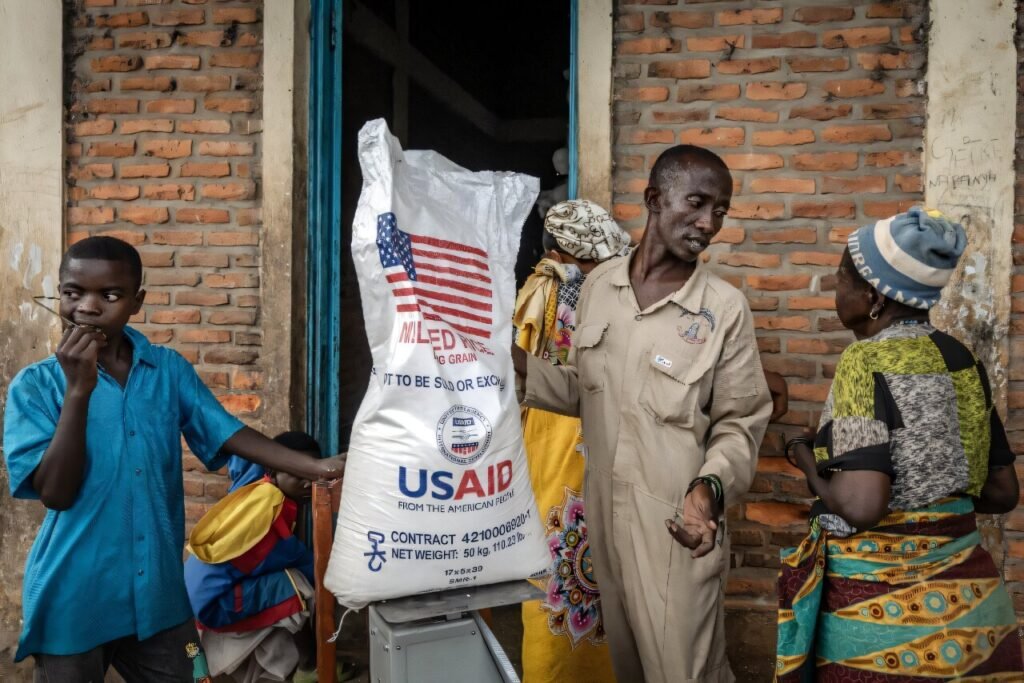The impact of foreign aid cuts on vulnerable populations has been brought to light in a recent study published in the Lancet journal. The study warns that more than 14 million of the world’s most vulnerable people, including a third of small children, could die by 2030 due to the dismantling of US foreign aid under the Trump administration.
USAID, which had previously provided over 40% of global humanitarian funding, saw drastic cuts to its budget following Trump’s return to office in January. The funding cuts, amounting to an 83% reduction, have put millions of lives at risk and could reverse two decades of progress in health among vulnerable populations.
The study, conducted by researchers from the Barcelona Institute for Global Health (ISGlobal), estimated that USAID funding had prevented 91.8 million deaths in developing countries between 2001 and 2021. These funds were instrumental in reducing deaths from various diseases, including HIV/AIDS, malaria, and neglected tropical diseases.
The impact of the funding cuts is already being felt on the ground, with hospitals in countries like Haiti struggling to provide medication to patients in need. Disease modelers estimate that nearly 108,000 adults and over 224,000 children have died as a result of the aid cuts, highlighting the urgent need for continued support.
Despite the bleak projections, the researchers emphasize that there is still time to reverse the trend. They call on world leaders to scale up aid efforts and prioritize the health and well-being of vulnerable populations. The ongoing aid conference in Spain serves as a platform for global leaders to address these issues and work towards a more sustainable future for aid funding.
The study underscores the importance of foreign aid in saving lives and building critical infrastructure in developing countries. With just a small contribution from US citizens, USAID has been able to make a significant impact on global health outcomes. Continued support for foreign aid programs is crucial in preventing millions of avoidable deaths and ensuring a brighter future for vulnerable populations worldwide.


